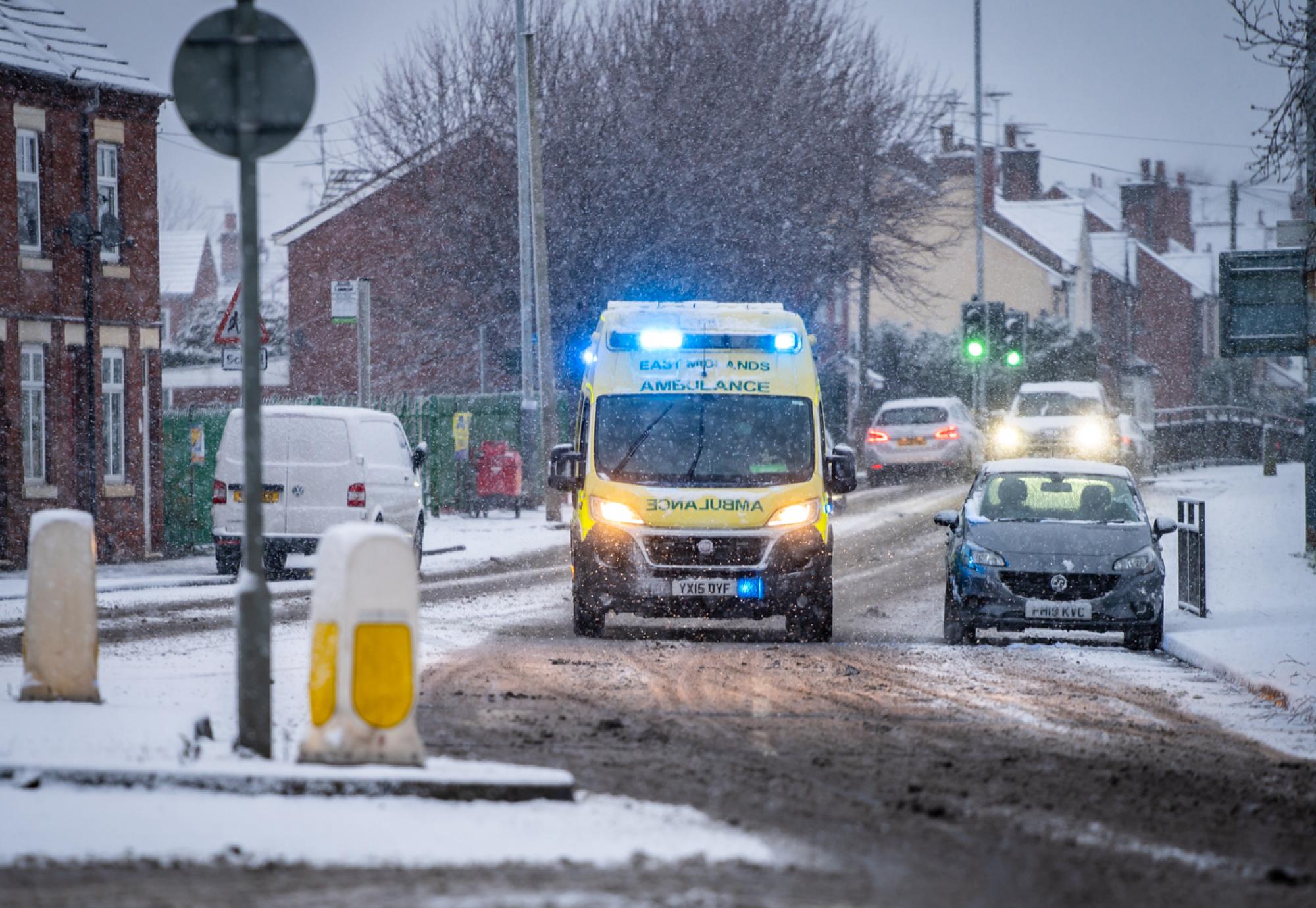A suite of robust new measures to prepare for winter are to be announced today by the NHS.
The plans will include the rollout of specialist centres to help streamline patient discharges, extra beds and more road hours for ambulances.
A new initiative geared towards encouraging local NHS teams to outperform their targets with financial incentives is also expected to be discussed at NHS England’s monthly board meeting in Birmingham.
Dubbed care traffic control centres by the health service, the specialist centres will bring together experts from the NHS, social care, the housing sector and voluntary services to help make more timely and better decisions on where patients should be discharged.
Approximately 25% of local areas already offer this service, with health leaders expected to sanction a full national expansion by winter. NHS England believes a third of patients could be discharged using this method.
The health service is also warning of another particularly busy winter for respiratory illnesses (Covid-19, flu, RSV). Australia, which can often be used to benchmark what the UK can expect to see in winter, is experiencing one of the biggest flu seasons on record.
In view of this, the NHS will also expand the provision of acute respiratory hubs to the entire country. Nearly 730,000 people benefited from these hubs last winter, helping speed up access to care as well as alleviating wider system pressures.
“Summer is never too early to start planning and preparing for winter in the NHS,” said NHS Providers’ director of policy and strategy, Miriam Deakin.
“Every winter piles extra pressure on already stretched health services. Trust leaders will welcome national recognition of the need to boost capacity and resilience during what they expect to be another tough few months.”
Winter preparations have been underway since the release of the health service’s urgent and emergency care recovery plan in January, with more than 800 new ambulances set to deliver a million extra hours on the road.
Matthew Taylor, chief executive of the NHS Confederation, added: “Health leaders will be grateful for the clarity this plan provides and will do all they can to help realise its aims, to build further capacity and resilience.
“The plan is based on sound evidence of what works, backed by data and learning from the last few winters. Its publication now, in summer, will give the health service a timely opportunity to prepare for what will likely be an extremely challenging winter.”
Image credit: iStock



















